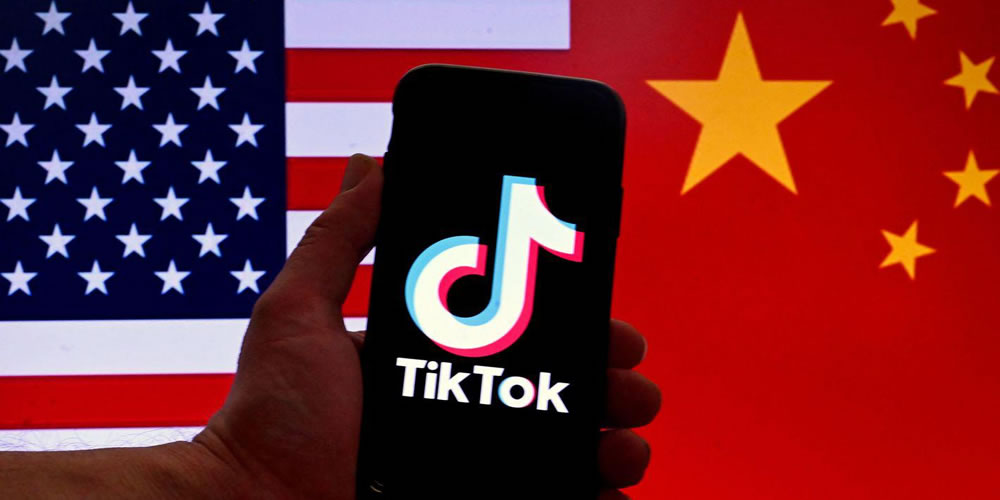More than 200 days after the Senate-approved TikTok sell-off bill took effect, tensions between Washington and Beijing are still palpable. The Chinese government has reiterated that TikTok’s core algorithm - often referred to as a “black box” - will not be included in any sale or partnership with the United States. This statement came days after the White House launched its own official TikTok account, which Chinese state media viewed as seamlessly contradictory to the US’s professed concerns about national security. Meanwhile, American officials assert that TikTok's ownership configuration creates potential risk of data misuse and political influence, while Chinese officials maintain they are politically motivated rather than on factual grounds.

Chinese Media Calls Out White House’s Move on TikTok
More than 200 days after the Senate-approved TikTok sale bill became law, tensions between Washington and Beijing remain high. The Chinese government repeated on the record that TikTok’s core algorithm – often described as a “black box” – will not be part of any sale or partnership with the U.S. The update came just days after the White House started its own official TikTok account, which Chinese state media reported on seamlessly, contrary to the U.S. government's stating that they have a security concern. U.S. officials say the ownership configuration of TikTok creates a potential risk of data misuse and political manipulation, while Chinese officials say they are politically motivated and not factually based outside of their narrative.
Broader Disputes Over Chinese Tech Companies
In addition to TikTok, Chinese officials have pointed to other instances in which U.S. authorities have allegedly targeted Chinese companies in a biased manner. For instance, brands like Huawei, ZTE, and DJI have all encountered bans and blacklisting, justified with allegations of spying or being affiliated with the military, all while Beijing recognizes these activities are part of a broader effort to constrain China's interests in core sectors, like telecommunications and drone and shipping technology. However, U.S. authorities insist that security risks cannot be ignored, since Chinese companies could face pressure to align with state interests. But, above all else, the decision not to sell TikTok’s algorithm demonstrates China’s hardline stance that its intellectual property is a strategic asset, not commodities that can be relinquished at foreign direction. After all, TikTok's global brand popularity gives Beijing both situational leverage and visibility, leading to a standoff that is larger than an app – it represents a front in the contest for digital power in the global arena.
































